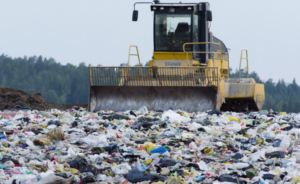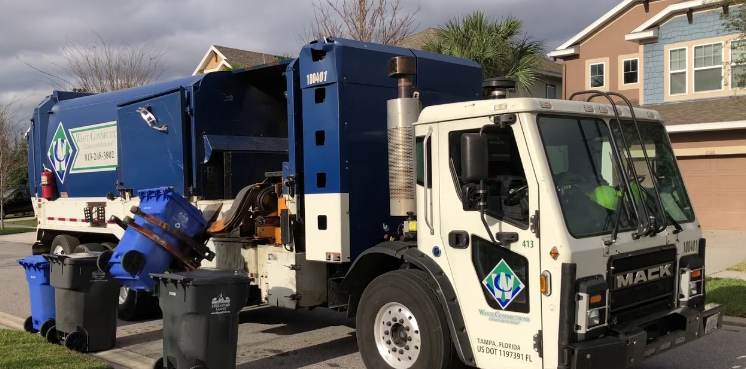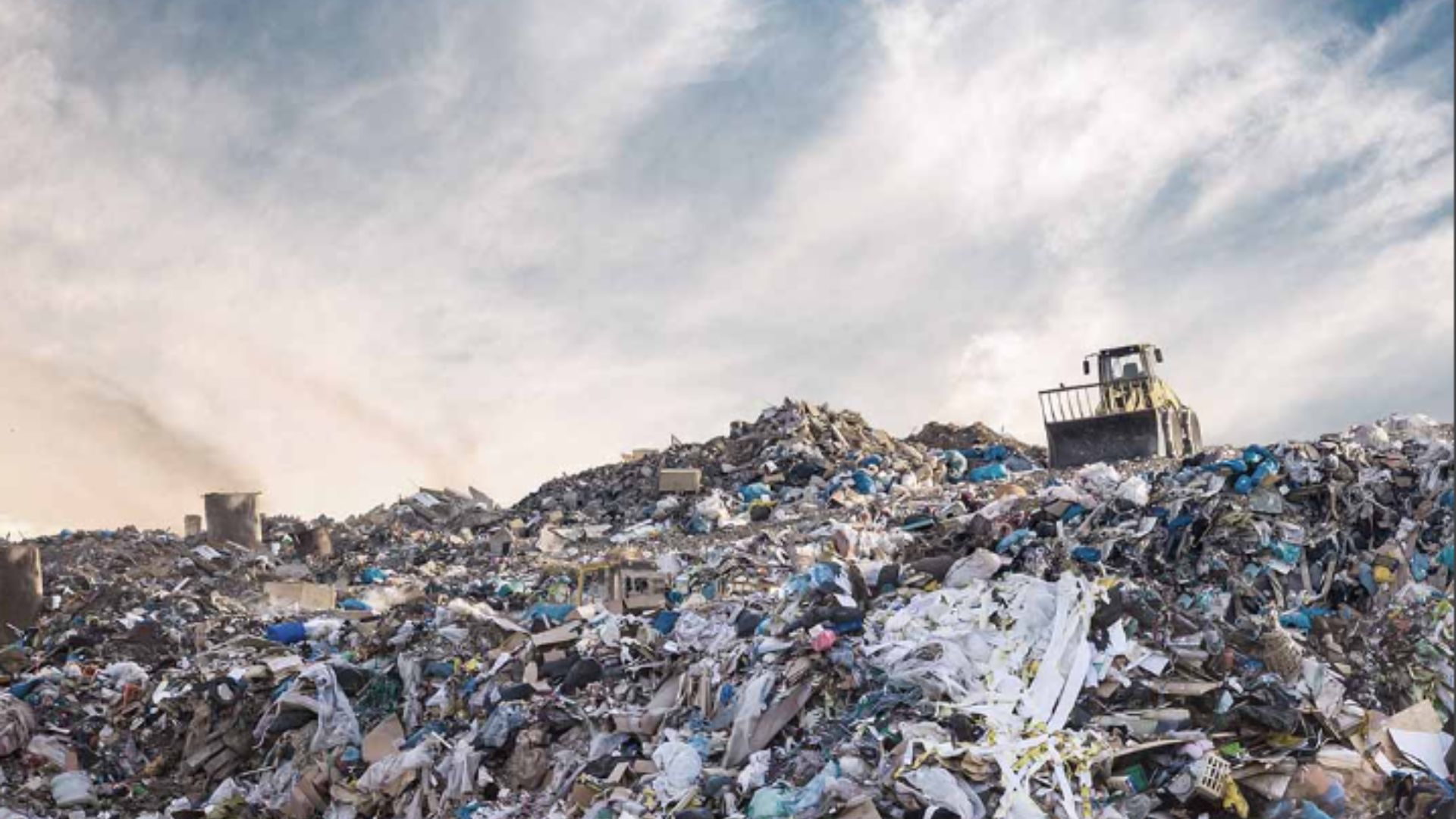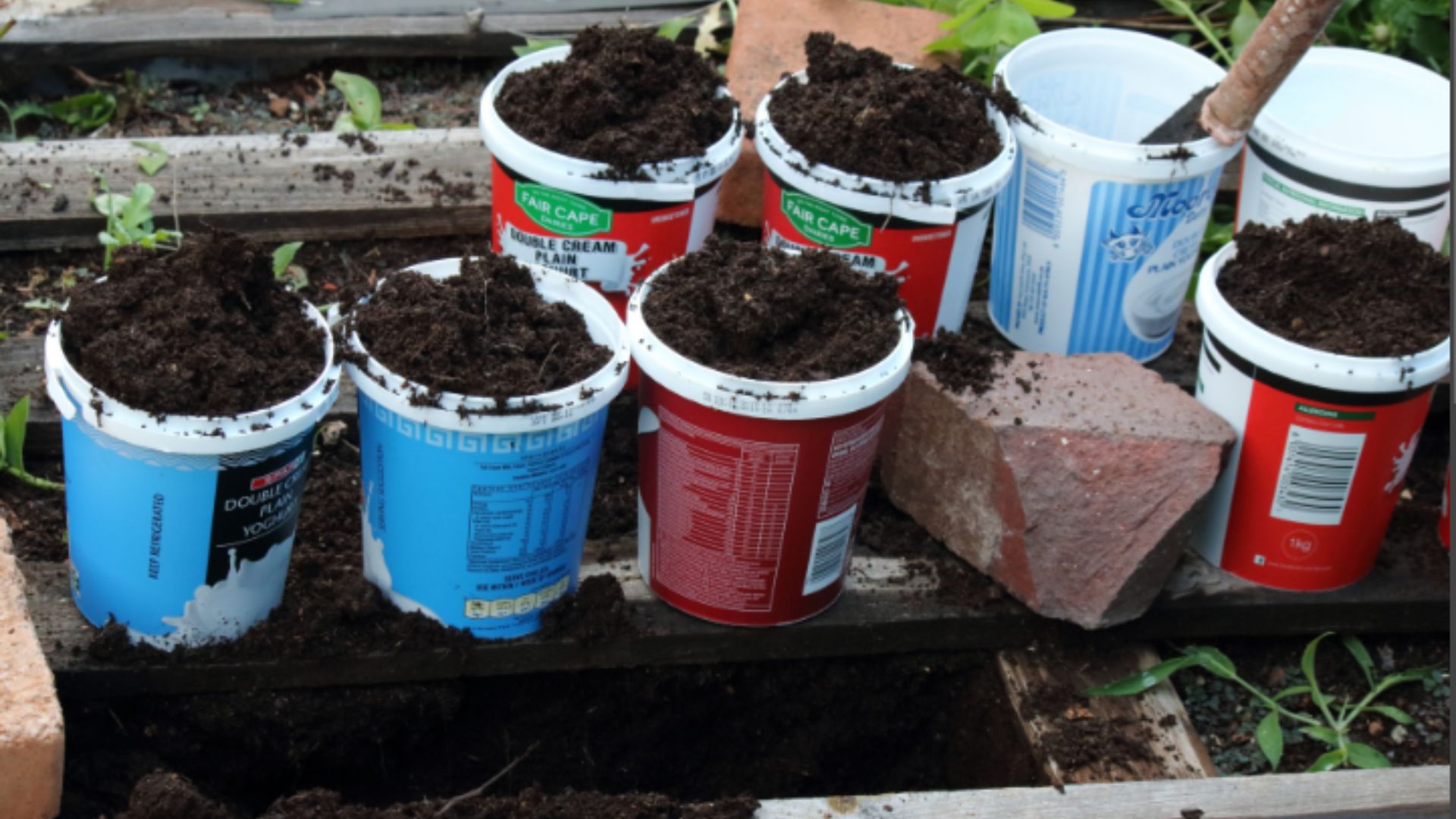In the modern world, waste management plays a crucial role in maintaining a sustainable environment. Waste management companies are responsible for collecting, processing, and disposing of various types of waste, contributing to cleaner surroundings and reduced environmental impact. In this article, lets delve into the operations of waste management companies.
Collection and Segregation
To begin with, at the core of waste management operations is the systematic collection of waste from residential, commercial, and industrial sources. Collection routes are meticulously planned to ensure efficient coverage. Once collected, waste is often sorted into different categories like recyclables, organic matter, and non-recyclables.
Transportation with Precision
In addition, transportation is a critical stage in waste management. Waste collection vehicles, equipped with the latest technology, efficiently move collected waste to processing centers. Transitioning from curbside bins to larger containers, waste is loaded onto trucks designed to handle specific types of waste.
Advanced Processing Techniques
Additionally, waste processing involves various techniques that contribute to waste reduction and resource recovery. Recycling plants are equipped with machinery to sort and process recyclable materials like paper, plastics, glass, and metals. Advanced methods such as composting and anaerobic digestion are employed to treat organic waste, converting it into valuable resources like compost and biogas.
Energy Generation and Landfill Disposal
Moreover, some waste management companies are turning waste into energy through waste-to-energy (WTE) facilities. These facilities convert non-recyclable waste into electricity, heat, or fuel, minimizing the amount of waste destined for landfills. Landfill disposal remains a last resort, with stringent regulations in place to minimize environmental harm.
Environmental Compliance
Waste management companies must adhere to a web of environmental regulations. Therefore, compliance ensures that waste is handled, transported, and disposed of safely and responsibly. Regular audits and assessments keep these companies on track.
Community Engagement
Moreover, educating the public about proper waste disposal is paramount. Waste management companies often conduct outreach programs to raise awareness about recycling, waste reduction, and the importance of using designated waste disposal methods.
Innovations in Technology
The waste management industry is embracing technology for more efficient operations. Route optimization software helps plan the most effective collection routes, reducing fuel consumption and emissions. Smart sensors in waste bins provide real-time data on fill levels, allowing for optimized collection schedules.
Collaboration with Local Authorities
Waste management companies work closely with local governments to align their operations with municipal waste management plans. Moreover, this collaboration ensures a comprehensive approach to waste management, covering everything from collection frequency to disposal methods.
Investment in Sustainability
Furthermore, many waste management companies are investing in sustainable practices to reduce their environmental footprint. From using environmentally friendly collection vehicles to adopting renewable energy sources in their operations, these companies lead by example.
Challenges and Future Outlook
Finally, while waste management companies have made significant strides, challenges remain. Increasing waste volumes, emerging waste streams like electronic waste, and the need for continuous innovation pose ongoing challenges. Therefore, the industry’s future lies in embracing circular economy principles, maximizing resource recovery, and exploring advanced waste-to-product technologies.
Conclusion
In conclusion, waste management companies play a pivotal role in maintaining a clean and sustainable environment. Through efficient collection, advanced processing techniques, adherence to regulations, and community engagement, these companies contribute to waste reduction and resource recovery. With ongoing technological advancements and a focus on sustainability, waste management companies are shaping a greener future for generations to come.




